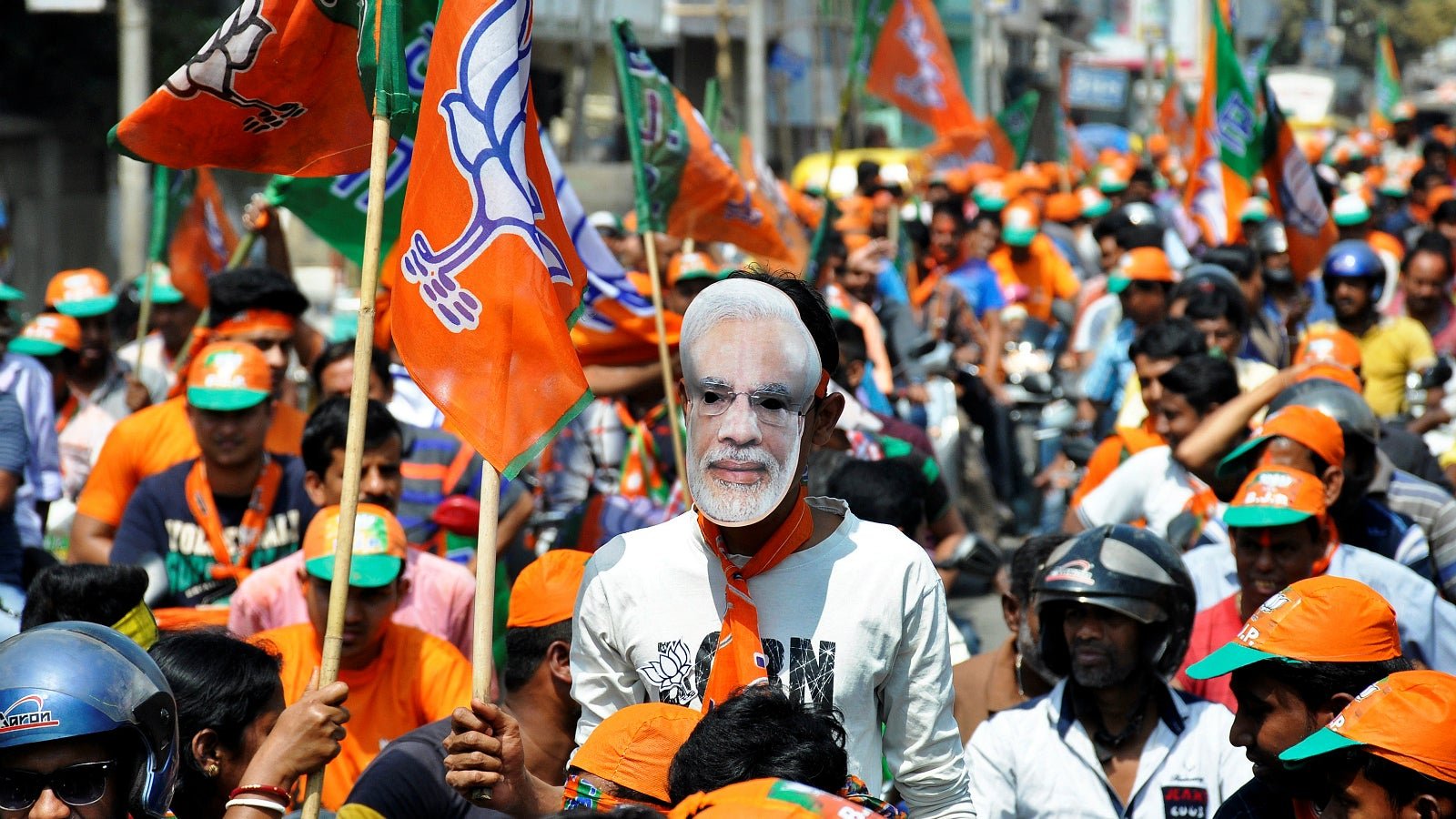There’s a 25% chance India will hold early general elections
Is the world’s largest democracy hurtling towards the next general elections?


Is the world’s largest democracy hurtling towards the next general elections?
There is a 25% probability it is, according to a report from global financial services firm Nomura. “We believe the political risk is currently under-priced (by the markets),” said the report released on March 21, before listing out the risks.
The Narendra Modi government’s term is scheduled to end in May 2019. However, over the last year, there have been murmurs that the next election could be advanced. In January 2018, Rajesh Jain, Modi’s social media strategist for the 2014 polls, cited 12 reasons why it could happen even as early as April 2018.
And the signals aren’t just unofficial.
“Prime minister Modi has often mentioned his desire to have state and general elections held simultaneously to save time and resources. The advantage, for the BJP, would be the ease of campaigning and potentially subduing anti-incumbency in states like Rajasthan,” the Nomura report said. These polls could be ”clubbed together with state elections scheduled in fourth quarter of 2018 and first half of 2019,” the report added.
Given the overwhelming strength of Modi’s Bharatiya Janata Party (BJP) and its allies in the lower house of parliament, an early dissolution of the house can take place only if the ruling alliance believes it will benefit from early elections.
“The emerging political vulnerabilities are emboldening both opposition parties and the more vociferous of its allies to become more restive. A grand coalition of opposition parties to challenge the BJP in the general election seems likely,” warns Nomura.
The BJP will, thus, seek to arrest its declining political fortunes.
Meanwhile, even without early polls, 2018 is packed with key state-level ones. Modi, who has often lamented the frequency of elections in India, has actively campaigned along with his ministers in all the state polls since 2014.
In the first three months of 2018 alone, three states have cast their votes; five others are readying for their turn. So campaign duty is, yet again, likely to keep Modi busy. Political considerations and populism will likely get the right of way over economic policy and prudence. Nomura has warned of a pause in policy reforms.
“The rupee continues to face challenges from global monetary policy uncertainty and local idiosyncratic developments….the risks around politics have turned less favourable for markets,” the report said.
In any case, even without accounting for the political risks, experts have warned that stocks in India are expensive for the profits they are expected to generate. “On valuations, India has been in what we call the expensive four club, which is the four most overvalued markets in the region,” said Credit Suisse’s Sakthi Siva on March 21.
Another call for caution came from Ambit Capital’s Saurabh Mukherjea who said the Sensex was overvalued by up to 15%. The benchmark equity index is down only 2.7% since the start of 2018, and yet up over 12% compared to a year earlier. Neither the string of bank or corporate frauds nor the escalating trade tensions with Donald Trump’s America nor rising commodity prices and inflation have dented sentiments.
Any unexpected political upheaval now will only add to the market’s vulnerability.